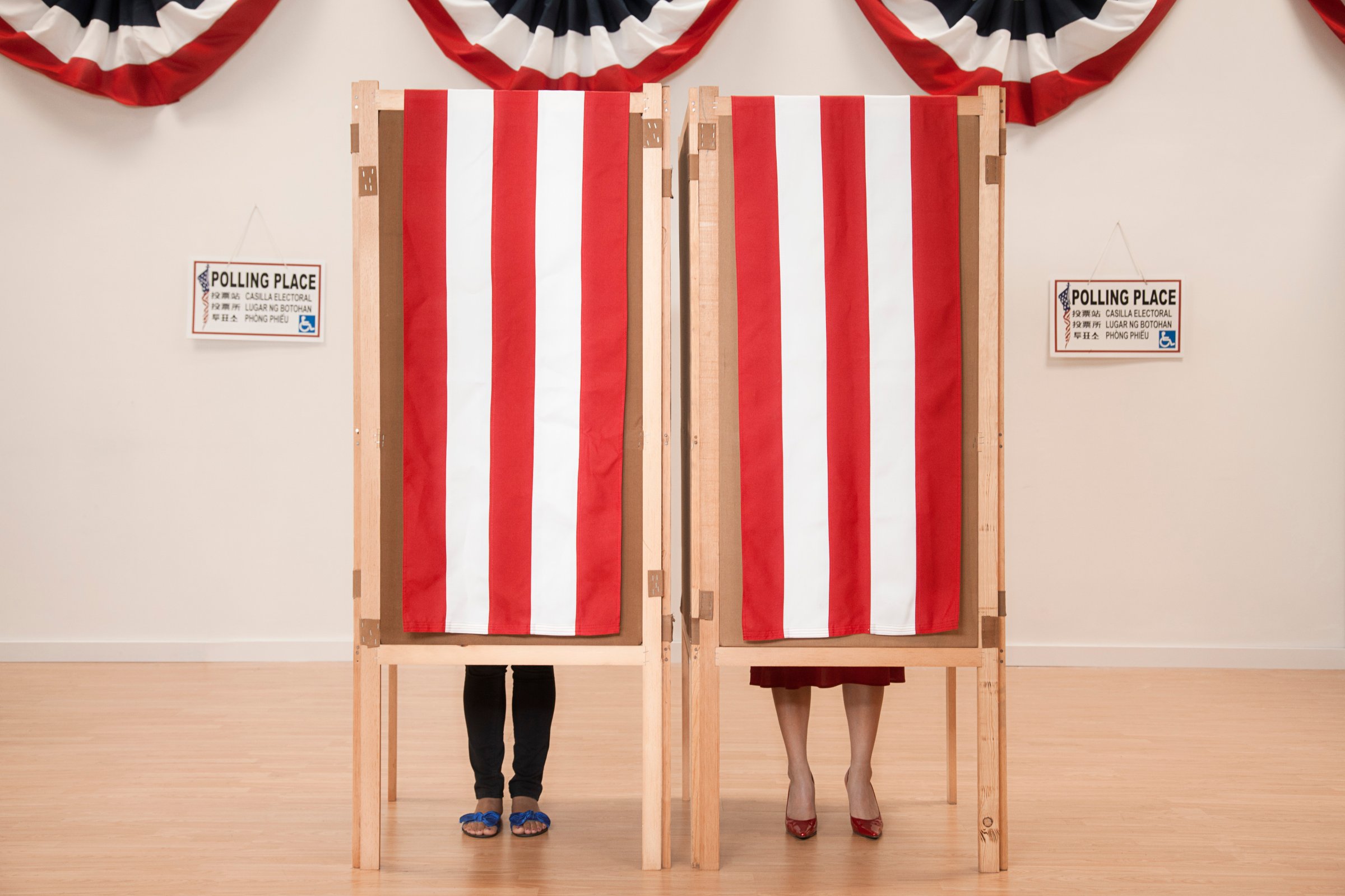
Many years ago the great pitcher Satchel Paige asked: “How old would you think you were if you didn’t know how old you were?” It is a great question because it reminds us how much we can discover about ourselves if we imagine ignorance. One way of learning what we think is to forget what we know. And this brings us to the election.
In the 1970’s the political philosopher John Rawls wrote a much discussed book called A Theory of Justice. It is about many things, but at the core of the book is a thought experiment. We are to imagine a group of people about whom everything—their historical and social position as well as their personal characteristics are hidden. They do not know what race, income, geography, gifts or disabilities they have. What sort of government, Rawls asked, would they choose? They may turn out to be smart or stupid, sick or well. All they know is that they do not know and have to choose.
Part of Rawls point is that we tend to pick the society that bests serves our own needs as we understand them. But if we imagine ourselves in the position of someone else, we might alter our choice. It is at least worth the rigorous attempt to think your way through it.
Rawls called people in such a state people in the “original position. Of course there are no such people really—we all have some sense of who we are and how we are situated. But I have been thinking a lot about the original position of late. Instead of choosing a society, think about choosing a candidate. What if you were in the original position—whom would you choose?
Remember, you might be born into any religion, any race, with any set of gifts and any set of problems. You cannot know. Therefore you want to choose the system that is likeliest to be fair to the greatest number, since you cannot know who you will be.
In my experience whenever someone proposes any sort of value test in an election year, others assume it is directed toward one candidate or another. But I am not writing this column to nudge you, except in the direction of thought.
As you listen to the candidates for president, for Congress, for any office, the “Rawls test” is a helpful one. What if I were listening as someone very unlike myself? How much should that matter to me?
Every human being is clouded by self-interest. But part of being human is the ability to rise a bit above one’s own view and see the world through the eyes of another, or better, of many others. So as an exercise, put yourself in the original position and discover what you see.
More Must-Reads from TIME
- Cybersecurity Experts Are Sounding the Alarm on DOGE
- Meet the 2025 Women of the Year
- The Harsh Truth About Disability Inclusion
- Why Do More Young Adults Have Cancer?
- Colman Domingo Leads With Radical Love
- How to Get Better at Doing Things Alone
- Michelle Zauner Stares Down the Darkness
Contact us at letters@time.com